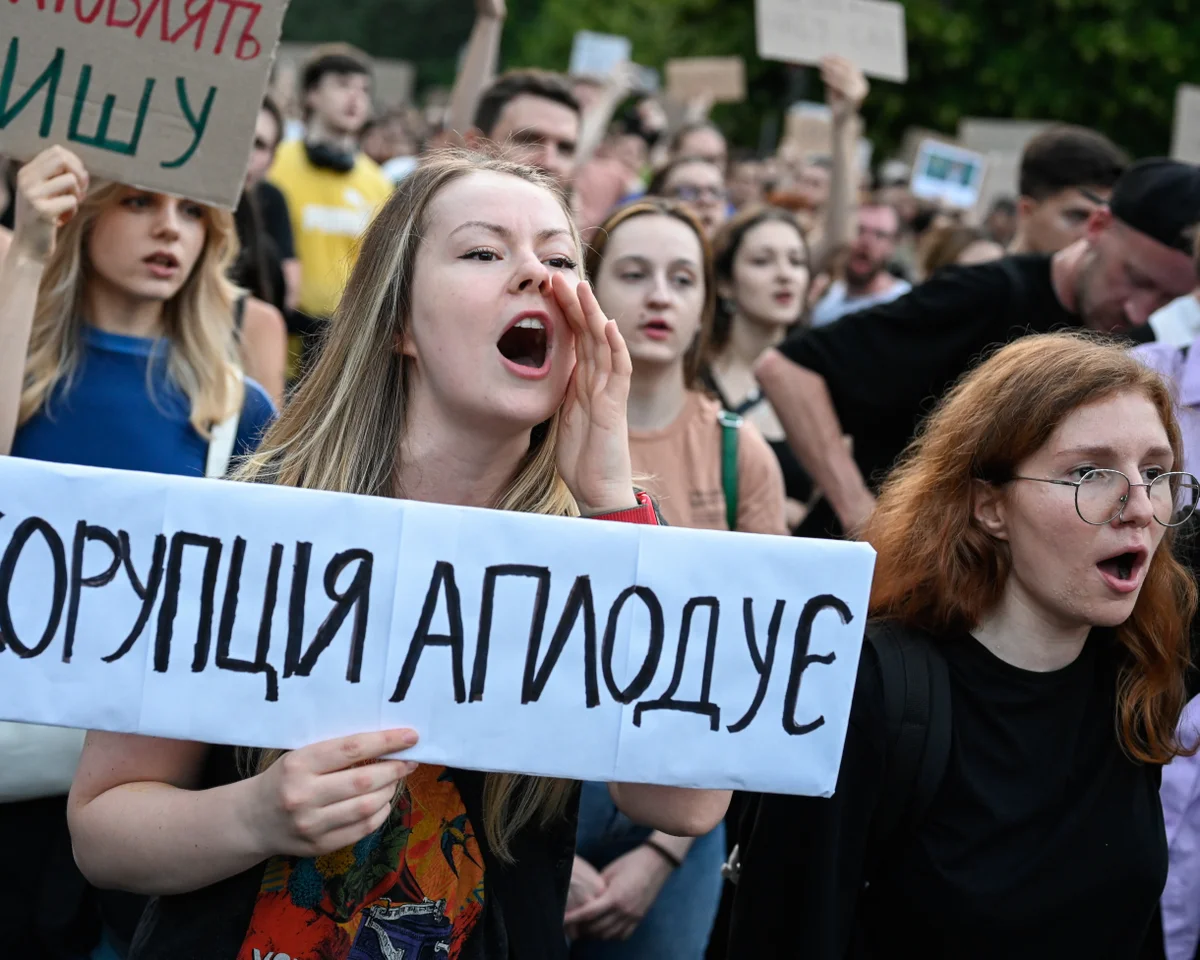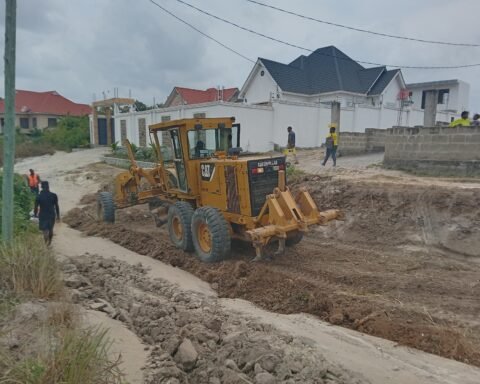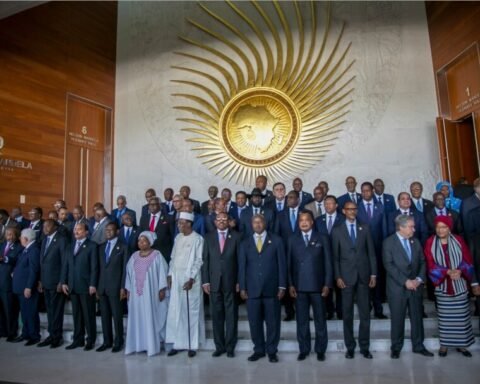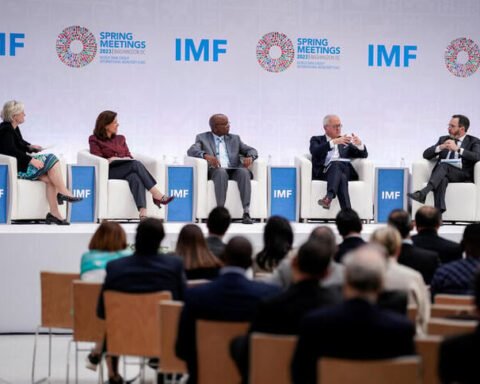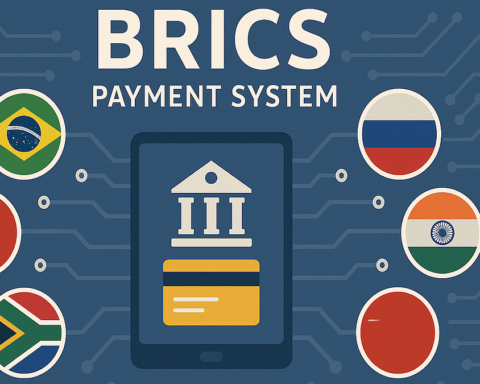Widespread protests have broken out across Ukraine after President Volodymyr Zelenskyy signed a controversial new law that reshapes the country’s anti-corruption architecture.
The legislation, which gives extensive powers to the Prosecutor General of Ukraine, has drawn concern both at home and abroad over its potential to undermine democratic accountability.
The law effectively allows the Prosecutor General to oversee, reassign, or even shut down investigations conducted by the National Anti-Corruption Bureau of Ukraine (NABU) and the Specialised Anti-Corruption Prosecutor’s Office (SAPO). These two bodies were established after the 2014 Ukrainian Revolution as part of a broader reform movement aimed at rooting out systemic corruption and aligning Ukraine closer to European Union standards.
President Zelenskyy, who came to power in 2019 on a strong anti-corruption platform, said the changes are necessary to prevent Russian influence from interfering in critical investigations. He argued that the move would strengthen the fight against entrenched corruption, especially during the ongoing Russian invasion of Ukraine.
But the Ukrainian public isn’t convinced.
On Tuesday, thousands of demonstrators flooded the streets of Kyiv, as well as other major cities like Lviv and Dnipro. Many held signs reading “We want real justice” and “Protect NABU, protect Ukraine.” Protesters fear the law could weaken the institutions that were established to hold power to account, especially as Ukraine tries to rebuild and stabilize amid war.
The protests are the largest since Russia launched its full-scale invasion in 2022. Demonstrators say they worry that wartime conditions are being used to roll back democratic checks and consolidate power in the executive branch.
Also Read; Lenacapavir Marks New Chapter in HIV Prevention
International response has also been swift. The European Commission and G7 countries—which have supported Ukraine with billions in financial and military aid—have made it clear that the independence of NABU and SAPO is not just a domestic issue, but a key requirement for Ukraine’s continued partnership with the West.
Transparency International, one of the leading global watchdogs on corruption, issued a strong statement warning that the new law “threatens the very foundation of Ukraine’s democratic progress.”
In response to the backlash, Zelenskyy has pledged to introduce new reforms to safeguard agency autonomy. On Wednesday, he convened an emergency meeting with legal officials and instructed them to present a “joint action plan” within two weeks to ensure that anti-corruption work can proceed without political interference.
Despite these promises, protest organizers remain skeptical. “This is a step backwards,” said a university student who joined the protests in Kyiv. “We’ve seen what happens when politics controls justice. That’s not the Ukraine we’re fighting for.”

